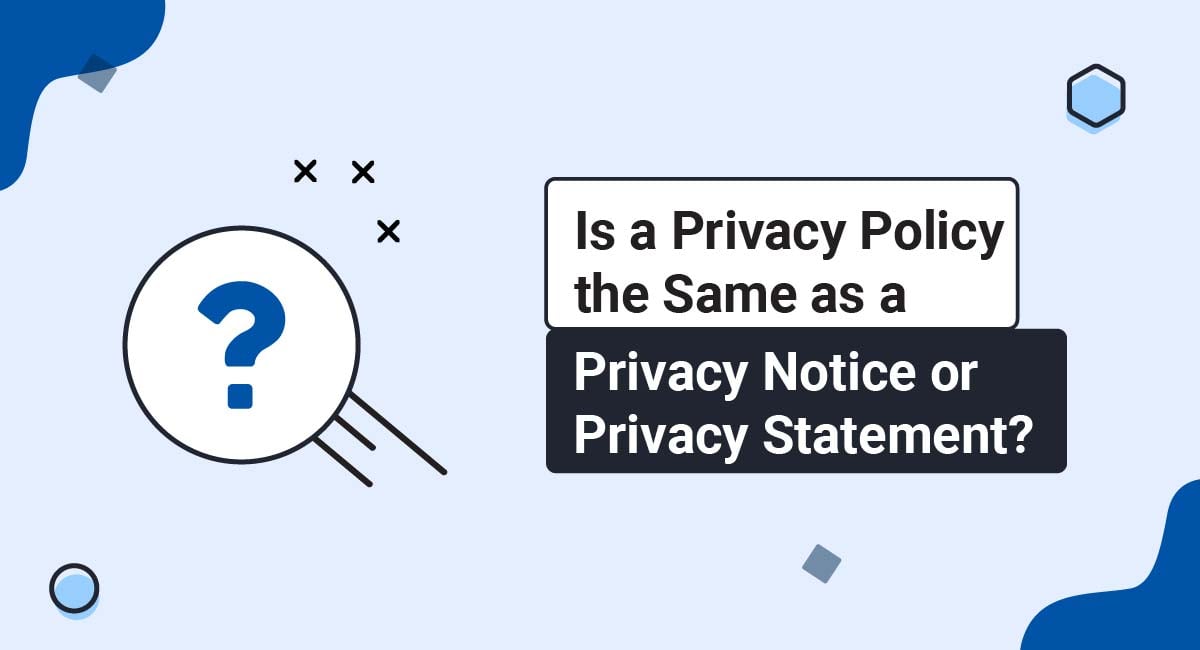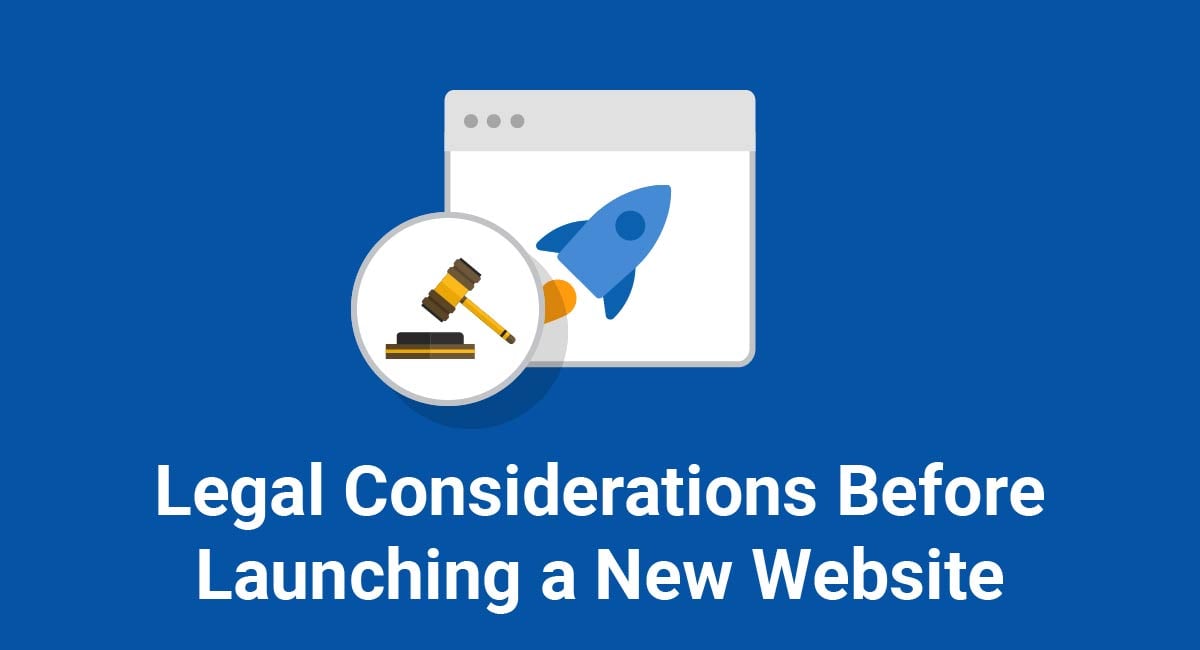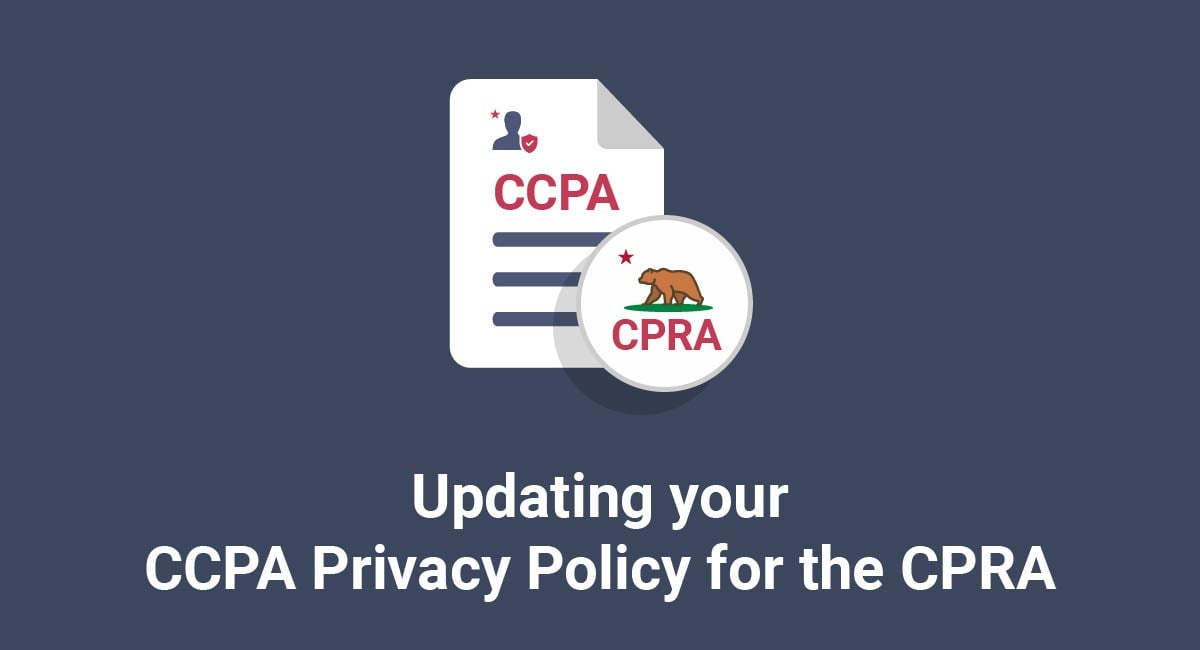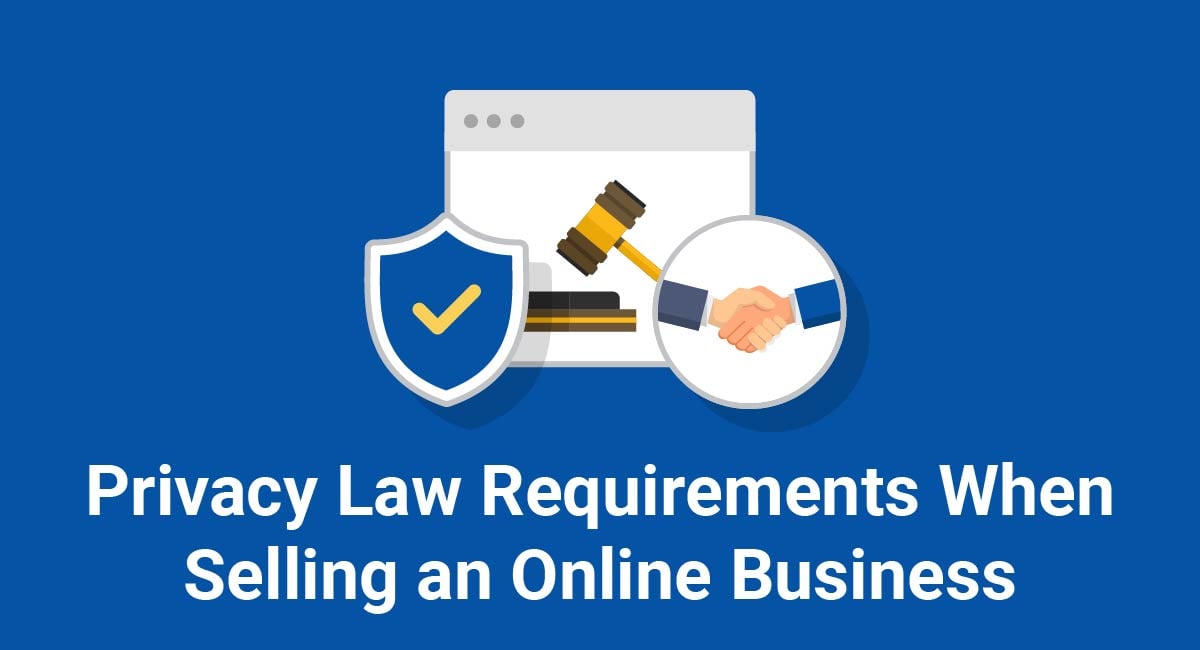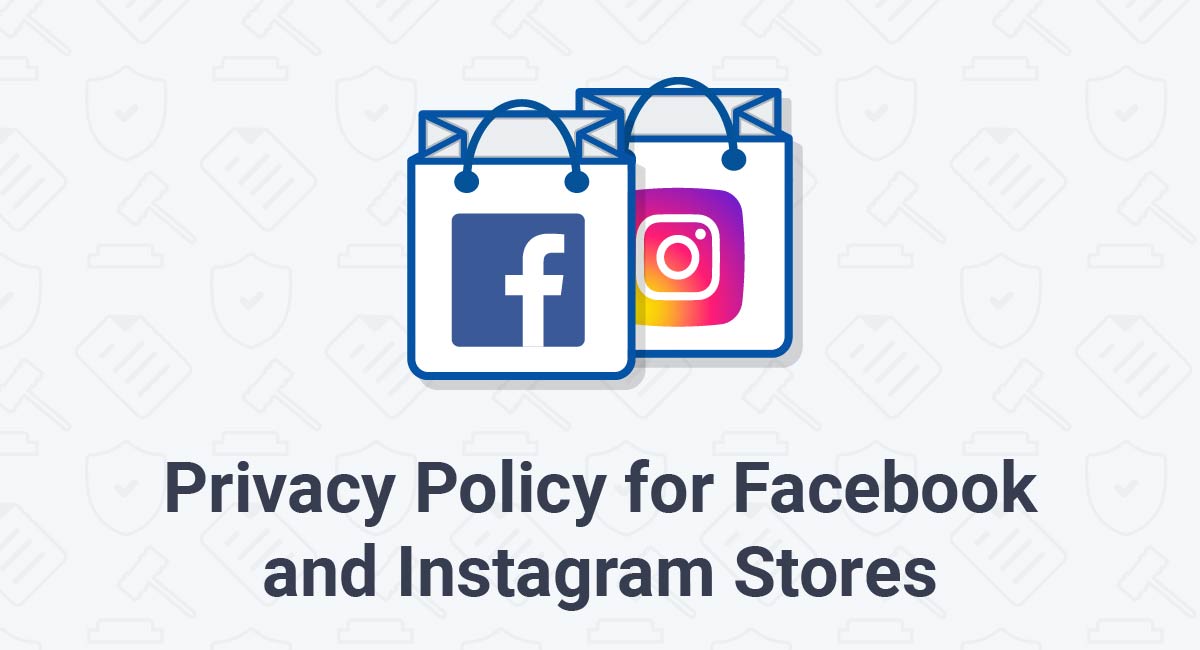Blog: Privacy Policy Agreements
Page 8
Navigate
-
EULA Agreements
-
Cookies Policy Agreements
-
Disclaimer Agreements
-
Privacy Policy Agreements
-
US Privacy Laws
-
Return Policy Agreements
-
Legal Requirements
-
EU Privacy Laws
-
Terms & Conditions Agreements
-
How to
-
Asia Privacy Laws
-
CA Privacy Laws
-
Consent
-
Templates
-
Consumer Privacy
-
AU Privacy Laws
-
LatAm Privacy Laws
-
Clauses
Is a Privacy Policy the Same as a Privacy Notice or Privacy Statement?
Practically every business needs a page on its website or app explaining how it collects and uses personal data. Some businesses call this transparency information a "Privacy Policy." Some call it a "Privacy Notice" and some call it a "Privacy Statement." There are other names, too, like "Fair Processing Notice" or...
Legal Considerations Before Launching a New Website
Are you launching a new website? Whether it's a simple blog, an ecommerce store, or a community message board, you must consider your legal position. From privacy to consumer protection to copyright, there are many ways in which the law can affect website operators. This legal landscape might not be as daunting...
Updating your CCPA Privacy Policy for the CPRA
The California Consumer Privacy Act (CCPA) is already the most demanding U.S. state privacy law. By voting "Yes" on Proposition 23 and enacting the California Privacy Rights Act (CPRA), which expands and amends the CCPA, Californians extended their state's privacy law obligations even further. In addition to affecting the CCPA's scope,...
Privacy Law Requirements When Selling an Online Business
When selling your business as part of a bankruptcy, merger, or acquisition process, the personal information you control may be considered an asset. But personal information isn't just any asset: Its sale has implications for your customers' rights and privacy. Certain rules apply to the sale of personal information under laws...
Google Chrome Extensions Requirements for Privacy Policy & Secure Handling
There are specific rules regarding privacy and data handling, which you need to comply with to make your extension available on the Google Chrome Web Store. Back at the beginning of 2019, Google made two significant announcements concerning its expectations regarding how Chrome extension developers must safeguard their users' privacy. In...
Privacy Policy for Facebook and Instagram Stores
Are you opening a Facebook or Instagram store? If so, you need a Privacy Policy. To comply with privacy law and with Facebook's terms, you'll need a clear and comprehensive Privacy Policy explaining what personal information you collect, how you use it, and how you share it with Facebook. In this article,...
